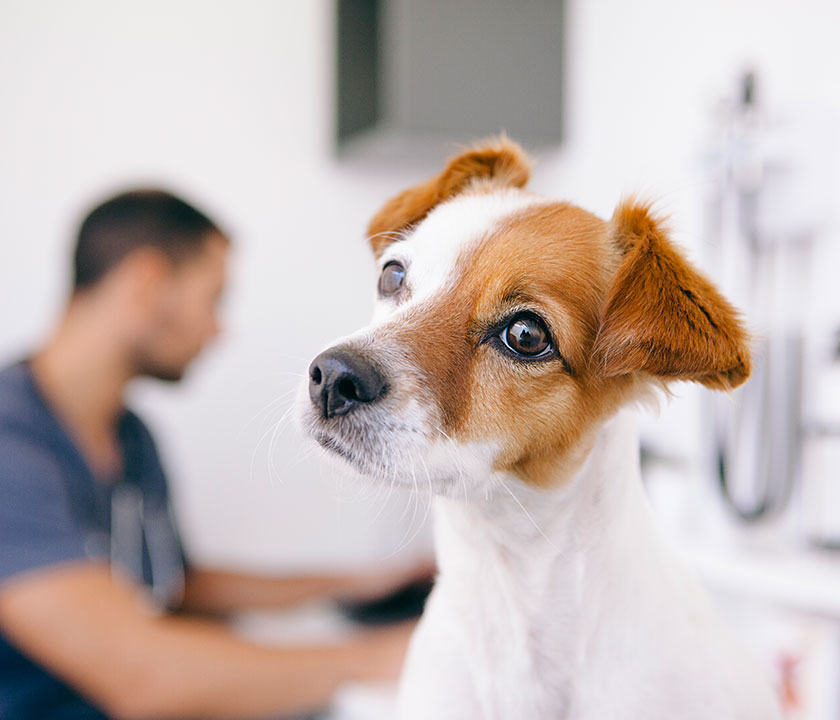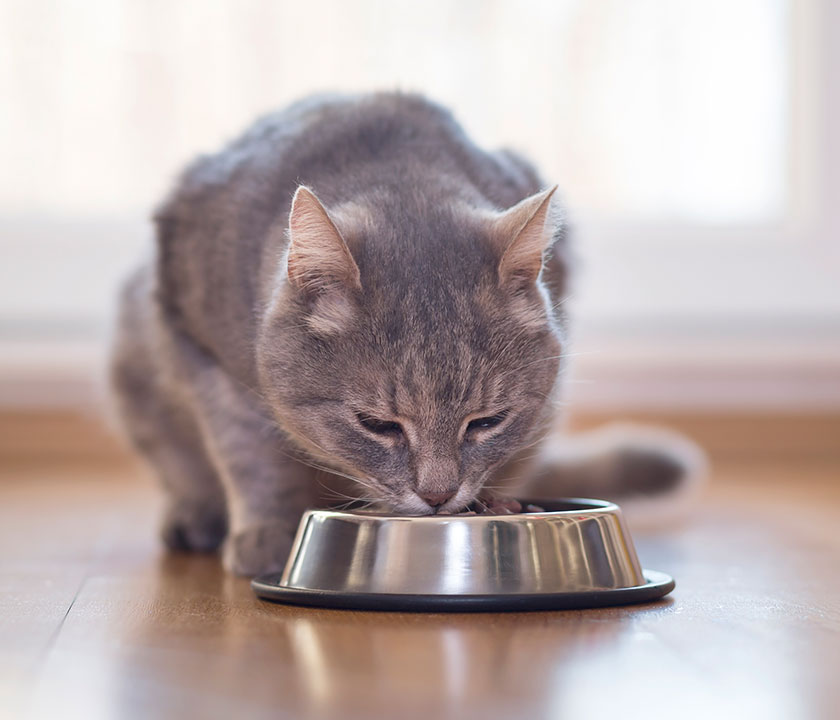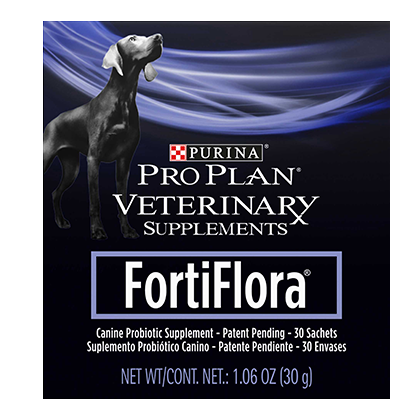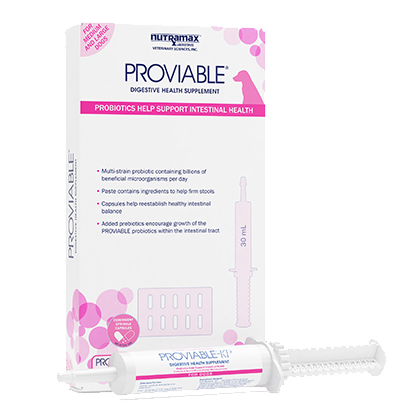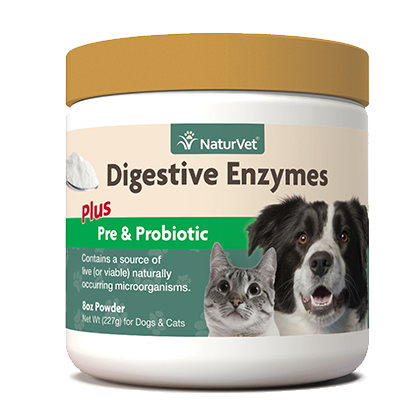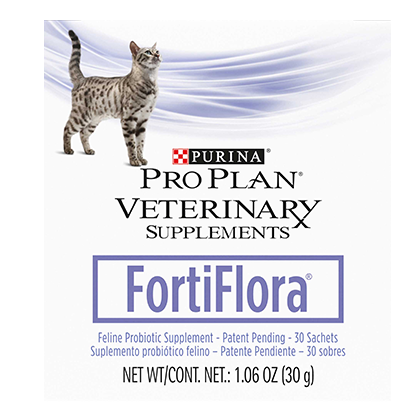Your Pet's Digestion
Digestive Care for Dogs and Cats
Most pets will experience digestive issues at some point in their life. In fact, gastric upset is among the top three reasons for vet visits. Vomiting, diarrhea, constipation, and refusing to eat are all possible signs that something's amiss within the digestive system.
One of the reasons that so many pets suffer digestive issues, both acute and chronic, is because their gastrointestinal system is so different than a human's.
For humans, digestion begins with chewing, and enzymes produced in our saliva help begin breaking down starches in our food. This helps us digest plant matter, which requires a longer digestive process to break down than meat.
You've probably noticed that your pet chews each mouthful of food just once or twice before swallowing. Dogs and cats do not have enzymes in their saliva. They produce fewer enzymes overall, with a pancreas that is, proportionally speaking, much smaller than ours.
Like tigers and wolves, cats and dogs have a highly acidic stomach and short digestive tract that's designed to quickly break down meat and bones. Unlike their wild ancestors, though, dogs and cats have adapted to eat a modern diet, and to a point, can eat grains, fruit, and vegetables. Still, your pet has a meat-eater-s digestive system that can be sensitive and may need extra support to run smoothly.
Every pet is different, with some more sensitive than others. Many pets experience mild, short-term gastric upset from triggers like stress, eating trash or table scraps, overeating, or switching to a new food too quickly. Others struggle with long-term digestive issues due to food sensitivities or health conditions like pancreatitis, exocrine pancreatic insufficiency (EPI), and inflammatory bowel disease (IBD).
Why Protect Your Pet's Digestive Health?
Your pet's digestive system is more than just the coming and going of food through their body. It's central to every bodily system and process, so when your pet's digestion is in balance, it's able to help fuel, heal, cleanse, and strengthen them from nose to tail.
Proactive digestive care for pets helps:
- Aid absorption of nutrients
- Improve energy and metabolism
- Produce smaller, less smelly stools
- Improve cognitive function
- Boost immunity and prevent illness
- Improve mood and behavior
You can support your pet's digestive health by supplementing probiotics and enzymes, feeding a high-variety, species-appropriate diet, feeding fresh foods when possible, deworming regularly, and switching gradually when changing foods. If your pet has a chronic health condition, or if digestive issues are severe or ongoing, talk to your veterinarian before changing their diet.
Seek emergency veterinary care if your pet is experiencing severe symptoms, can't keep food or water down, or seems to be in pain. Puppies, kittens, senior pets, and those with a chronic illness are especially susceptible to serious, life-threatening complications.
Promote Healthy Digestion
PetMeds® carries everything you need to support your pet's digestive health, from probiotic supplements, sensitive stomach dog and cat foods, healthy treats, holistic remedies, and prescription pet foods and medications.
Never Miss A Dose With PetMeds® AutoShip
Save 35% OFF your first AutoShip order | Use code SAVE35 in cartFrequently Asked Questions about Digestive Care for Pets
Healthy stool should be brown in color and relatively firm, but not hard, dry, or difficult to pass. It should hold its shape and leave behind little or no residue when picked up. It should not be excessively stinky.
See your veterinarian if your pet's stool is especially soft or hard, difficult to pass, contains mucus or appears “slimy,” or is yellowish, greenish, or otherwise unusual in color, or contains parasites. Seek emergency vet care if your pet's stool contains blood, which may be bright red in color, or can appear dark or tarry black, indicating blood in the upper gastrointestinal tract.
Still have questions? Learn more with our free Pet Health Advice resource center or talk to your veterinarian about how you can support your pet's digestive health.




























